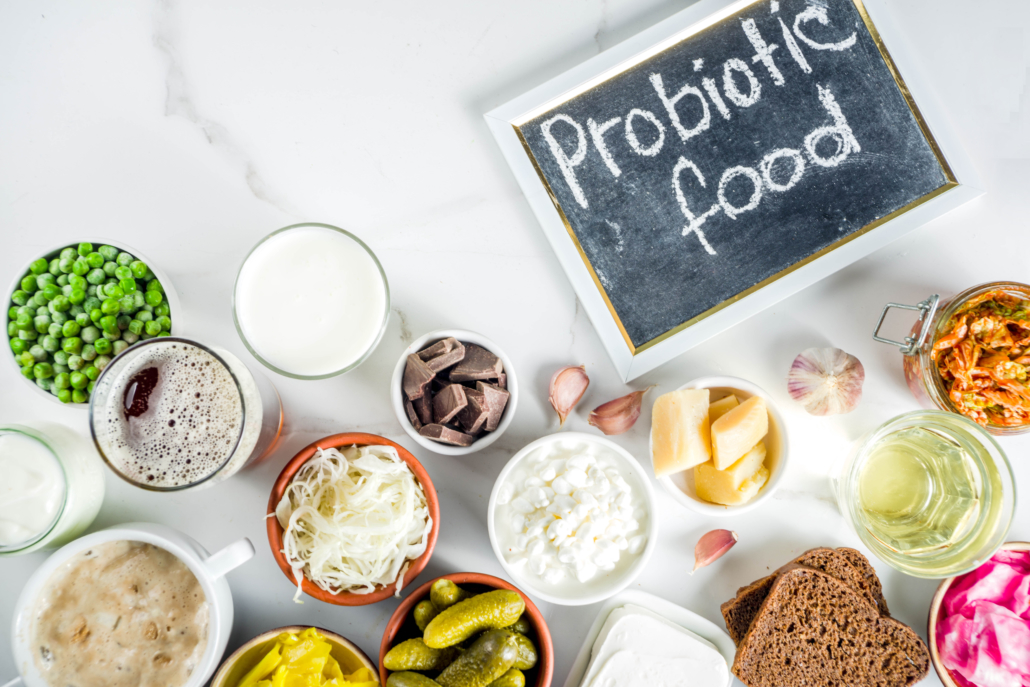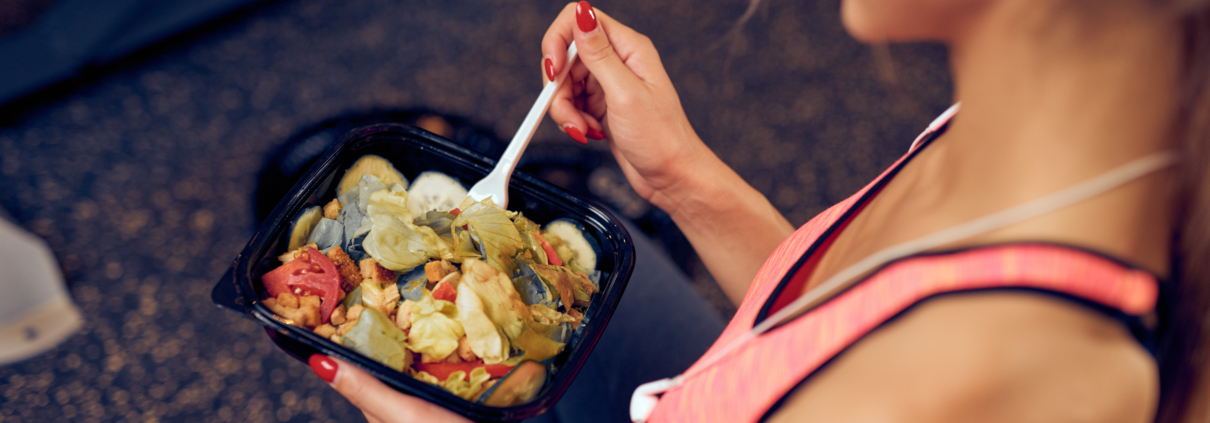5 Nutrition rules to maximise your workouts
“Fitness is an art, your body is the canvas, weights are your brush, nutrition is your paint. Remember: We all have the ability to turn a self portrait into a masterpiece.”
If you’re serious about fitness, then the first rule to remember is that exercise and nutrition are two sides of the same coin. If you’re exercising but your diet is poor, you’re going to have a hard time keeping up your routine, and an even harder time seeing real results. The reverse is also true: A balanced, varied diet helps, don’t get us wrong, but great nutrition cannot compensate and should not be considered a substitute for staying active.
Eat a healthy breakfast.
Yes yes, we know you’ve heard it before, but having breakfast isn’t just about fuelling up. Breakfast kick-starts your metabolism, helping you burn calories throughout the day. Eating breakfast will literally help you lose weight.
Moreover, Many studies have linked eating breakfast to good health, including better memory and concentration, lower levels of “bad” LDL cholesterol, and lower chances of getting diabetes, heart disease, and being overweight.
If you’re an early riser and you prefer to work-out in the morning, try getting up early enough to finish breakfast at least one hour before you start exercising.
Good breakfast options include whole-grain cereals, eggs, nuts, berries, bread, bananas and yogurt. A cup of coffee is okay too. Emphasize carbohydrates and probiotic foods for maximum energy.
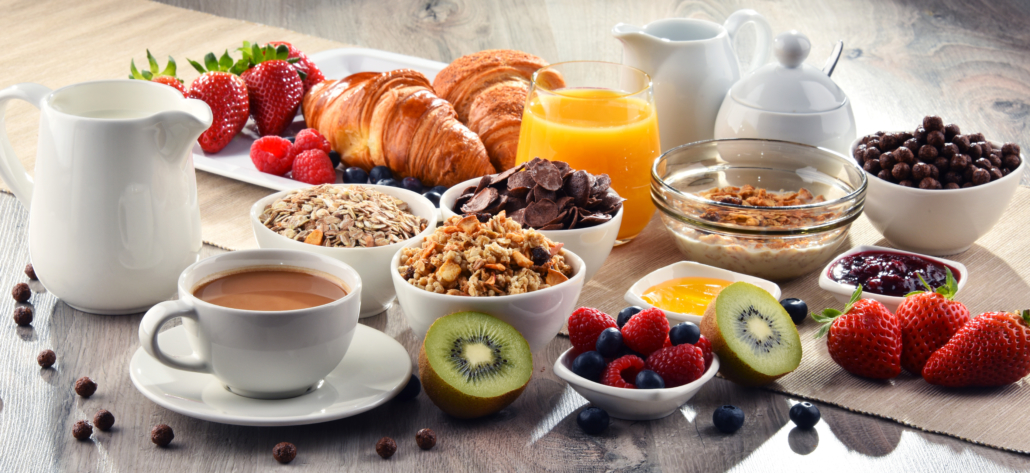
Consider having a small snack before exercising
You don’t have to eat before exercising, but if you’re running low on energy during your workout or suffering from hunger pains, consider eating something about 30 to 1 hour before you begin to exercise. Try to prioritise carbohydrates, aim for a half bagel or a large banana. Protein isn’t a fuel for exercise, so it’s not as important here.
Steer clear of caffeine and warm fluids, which tend to speed food through your intestine, as well as dairy and high-fat or high-fiber foods, all of which can upset your stomach, slow down the absorption of carbs, and leave you feeling sluggish.
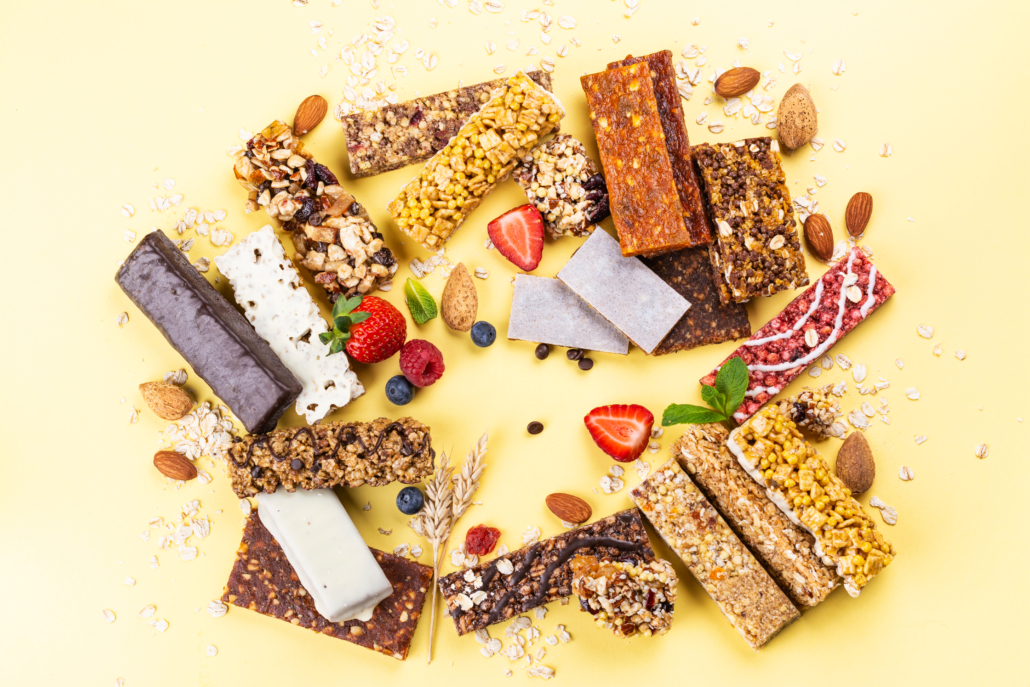
Protein up after you exercise
Eating after you exercise is crucial to helping your muscles recover as quickly and as effectively as possible. It’s also a great way to diminish soreness the next day. Anything that has includes protein and carbohydrates is a good option, from yoghurt and fruit, peanut butter sandwiches, to chicken, pasta, meatballs and fish.
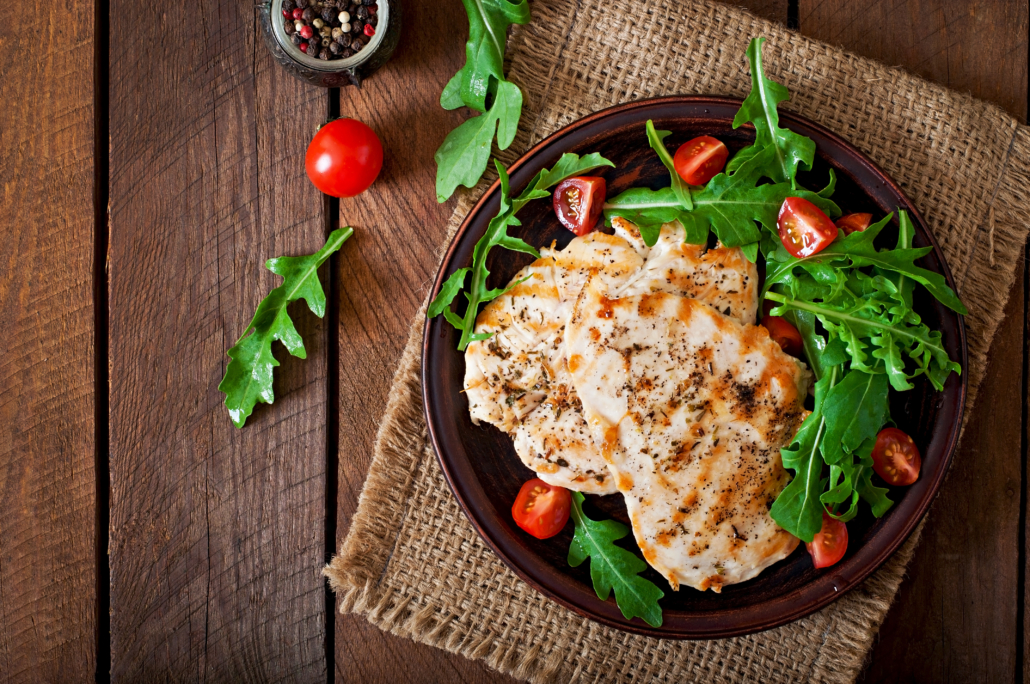
Drink up.
According to the American College of Sports Medicine, you should aim to drink two to three cups of water before your workout, half to one cup of water every 15 to 20 minutes during your workout and two to three cups after your workout for every pound of weight you lose during the workout.
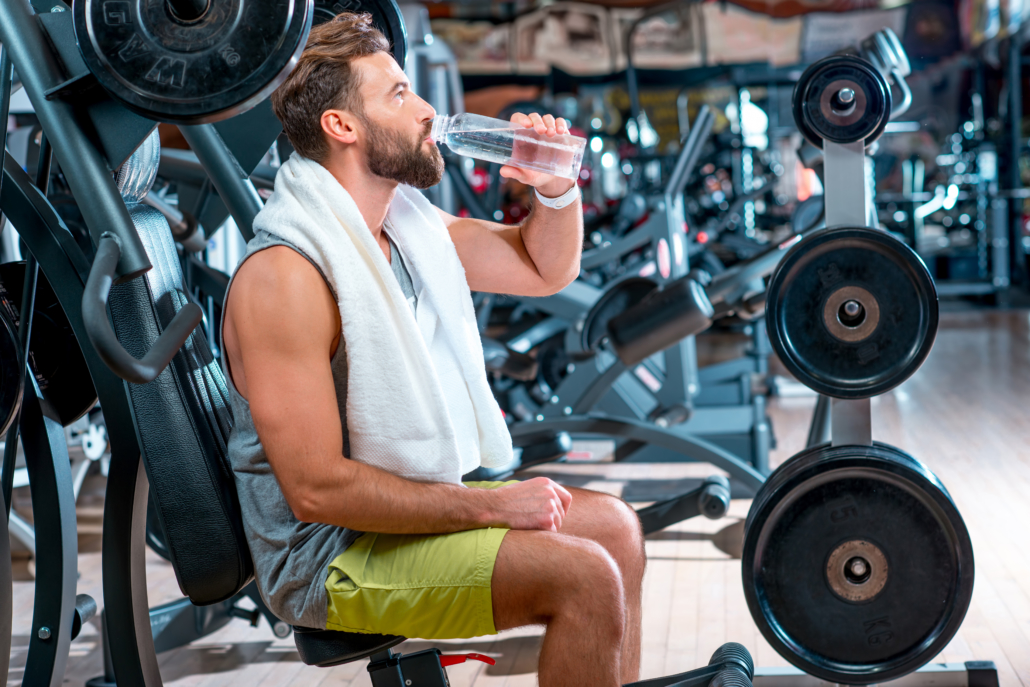
Prioritise probiotic foods
Probiotics are a form of good bacteria found in your gut which are responsible for everything from nutrient absorption to immune health. Probiotics bring hundreds of health benefits to the table, and are vital to helping people lower cholesterol, protect against allergies, aid in cancer prevention and more.
By adding more probiotic foods into your schedule, you could see all of the following health benefits:
- Stronger immune system
- Improved digestion
- Increased energy from production of vitamin B12
- Better breath because probiotics destroy candida
- Healthier skin, since probiotics improve eczema and psoriasis
- Reduced cold and flu
- Healing from leaky gut and inflammatory bowel disease
- Weight management
Here’s some great examples of probiotic foods
- Yogurt
- Raw cheese
- Apple cider vinegar
- Salted gherkin pickles
- Miso
- Buttermilk
- Dark chocolate
